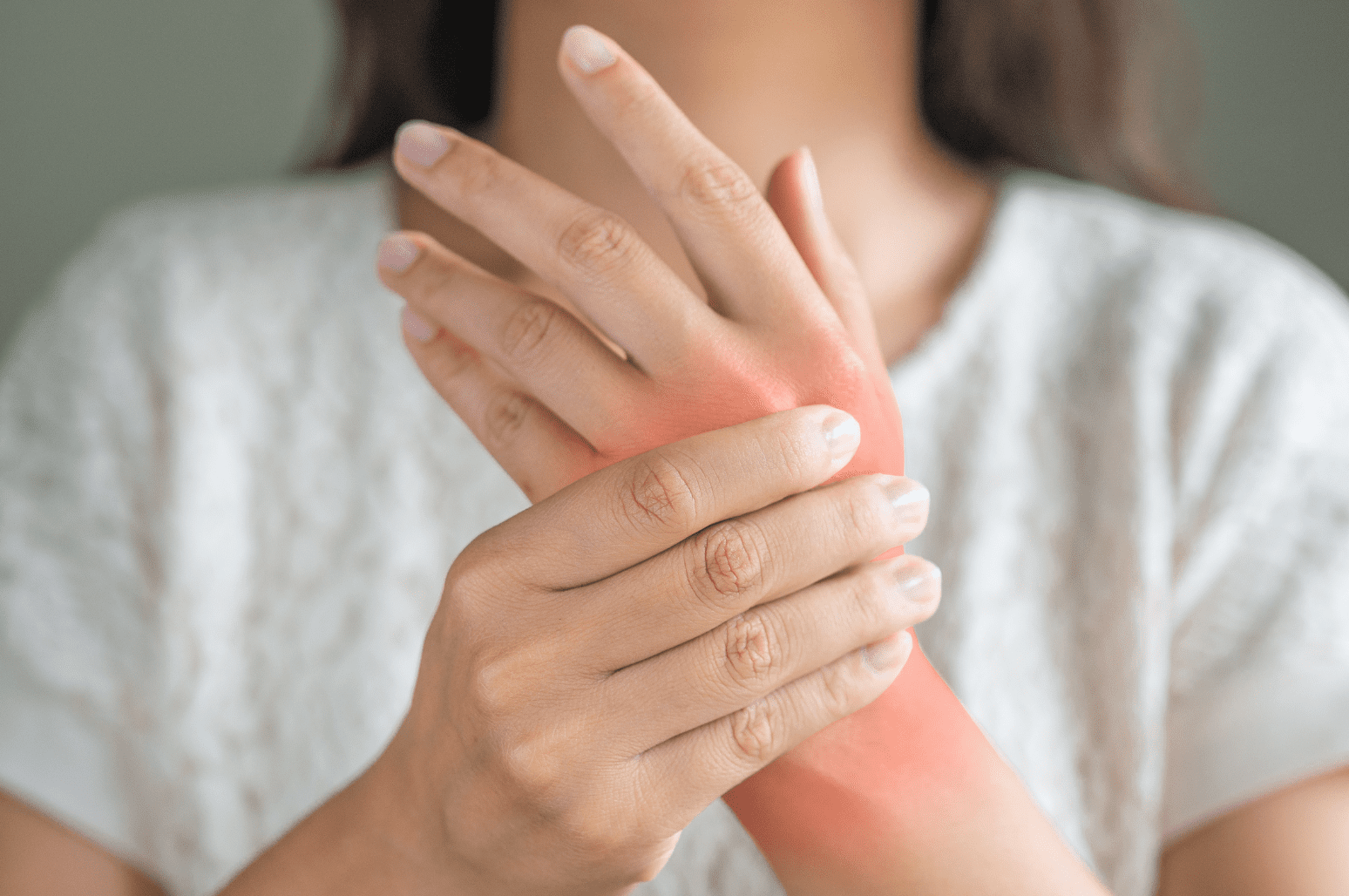Dry Fasting Vs. Water Fasting: Is One Better Than the Other?

Today, fasting generates a buzz in the health and fitness world as people discover its benefits. Intermittent fasting is a complement to a ketogenic diet that can further enhance its results and get you closer to your health, weight loss, or fitness goals.
With all the different types of fasting, you might be wondering which to choose. What about dry fasting? Should you drink water while fasting, or not? This article answers questions surrounding dry fasting vs. water fasting.
What Is Dry Fasting?
Fasting means abstaining from eating food for a certain time period. Dry fasting means avoiding both food and liquids, including water, coffee, tea, and broth. Like water fasting, some people follow a dry fasting schedule, such as alternate-day dry fasting, where you eat normally one day and then avoid any food or liquid the next day and repeat this cycle. Periodic dry fasting involves restricting your food and drink intake for a specific number of days more infrequently, such as by doing a three-day fast every two months.
What Is Water Fasting?
Water fasting involves avoiding all food but continuing to drink water. Most fasting studies that reveal benefits to fasting were performed with participants who did water fasting, as opposed to dry fasting. Mounting research shows the health advantages of water fasting, from promoting weight loss and blood sugar control to lowering inflammation. [1] [2] [3]
Why Does Dry Fasting Have More Risks?
While there’s plenty of research on the benefits of fasting in general, there isn’t enough evidence to support the benefits of dry fasting specifically. The studies we do have, such as the study on the effects of dry fasting during Ramadan, usually involve intermittent dry fasting for short time periods. The Ramadan study looked at people who don’t eat or drink anything from sunrise to sunset for one month and did reveal that dry fasting promoted weight loss. [4]

Because dry fasting is more extreme, many people believe it delivers faster results, but this isn’t proven or definitive. Water fasting and dry fasting are different, and dry fasting is considered risky and dangerous because of the lack of proper hydration. When dry fasting, you run the risk of dehydration and the complications that come along with it, especially if you dry fast for more than 24 hours or one day. Dry fasting is considered even more dangerous for people dealing with medical challenges or chronic illness.
Dry fasting could present more side effects, such as:
- Headaches
- Fatigue
- Persistent hunger
- Irritability
- Thirst
- Poor focus
- Decreased urination
The Importance of Hydration
It’s important to point out that you can’t go more than a few days without drinking water, but you can last for weeks without any food. Water is vital for every part of your body. The water in your body hydrates you, transports nutrients to your cells, flushes out toxins, and more. Around 62% of your body weight is water. [5]
When you aren’t taking in any fluids, you’ll urinate less, and you could become dehydrated. One sign of dehydration is darker-colored urine with a stronger odor. Other concerning symptoms and complications of dehydration include:
- Heat exhaustion
- Heatstroke
- Blood pressure and heart rate problems
- Issues with body temperature
- Kidney failure
- Low blood volume
- Seizures (from the loss of electrolytes) [6]
There simply isn’t enough research to conclude that dry fasting is safe or that it offers any particular benefits over water fasting. Dry fasting isn’t usually recommended for more than one day. Many health advocates and experts believe dry fasting is dangerous and that you can stay hydrated and achieve the same evidence-based benefits by water fasting instead.
References
Teong, X. T., Liu, K., Vincent, A. D., Bensalem, J., Liu, B…Heilbronn, L. K. (2023). Intermittent fasting plus early time-restricted eating versus calorie restriction and standard care in adults at risk of type 2 diabetes: A randomized controlled trial. Nature, Intermittent fasting plus early time-restricted eating versus calorie restriction and standard care in adults at risk of type 2 diabetes: a randomized controlled trial | Nature Medicine
Tinsley, G. M., & La Bounty, P. M. (2023). Effects of intermittent fasting on body composition and clinical health markers in humans. Nutr Rev, DOI: 10.1093/nutrit/nuv041
Wang, X., Yang, Q., Liao, Q., Li. M., Zhang, P…Abshirini, M. (2020). Effects of intermittent fasting diets on plasma concentrations of inflammatory biomarkers: A systematic review and meta-analysis of randomized controlled trials. Nutrition, DOI: 10.1016/j.nut.2020.110974
Norouzy, A., Salehi, M., Philippou, E., Shiva, A. F., Mehrnoosh, S…Nematy, M. (2013). Effect of fasting in Ramadan on body composition and nutritional intake: A prospective study. Journal of Human Nutrition and Dietetics, https://doi.org/10.1111/jhn.12042
Britannica. Science and Tech Human Nutrition, https://www.britannica.com/science/human-nutrition
Cedars Sinai. Dehydration, https://www.cedars-sinai.org/health-library/diseases-and-conditions/d/dehydration.html









